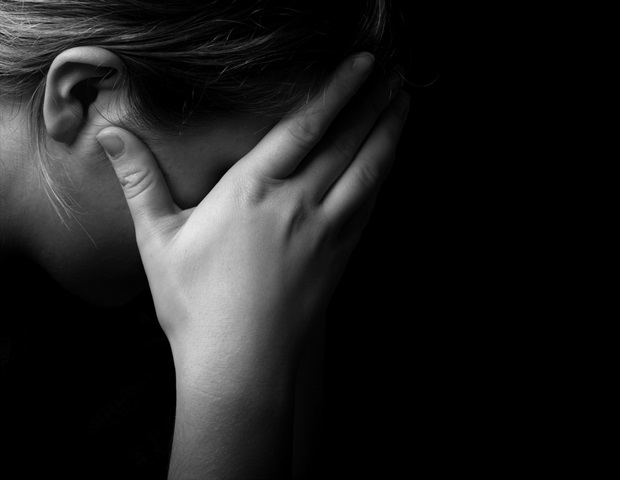Depression is an existential state that brings us close to experiencing death. It is an epistemically important situation to experience in life, because it brings the closeness of death, the fact that death is always there, ‘breaching down our necks’, particularly vividly into our consciousness, and puts the entire life into perspective. K.G. Jung once wrote that depression is like a mourning woman clad in black: if she knocks on our door, we should not turn her away, but invite her inside and listen to what she has to say to us. Depression is the grim truth of our lives being revealed as the Lacanian “Real”: the experience of being close to dying mentally that is at the same time totally real and absolutely mentally unbearable.
A particularly important meaning of depression is bioethical. It elucidates the core value of life and living, including all of the values that make up life. When depression strikes against the backdrop of existential facts that militate against life, when it affects people in their most active years who have issues in self-realization, and who feel the years inevitably going by into the void, it can decompensate the person into psychosis. Thus, it is not depression that is psychotic, it is the consequences and insights brought by depression through the Lacanian unbearable Real that cause psychosis as a pathological compensation where real life cannot be addressed constructively.
Depression is a signal from the healthy part of the psyche that something must be radically changed in our priorities, that life is over-running us. This is what Jung meant by saying that we should listen to what the depression has to say to us. It is what the bioethicists of today call ‘the interests of life’. Life must find a way in our choices, or else it will side against us. That is the message of depression.



Average Rating